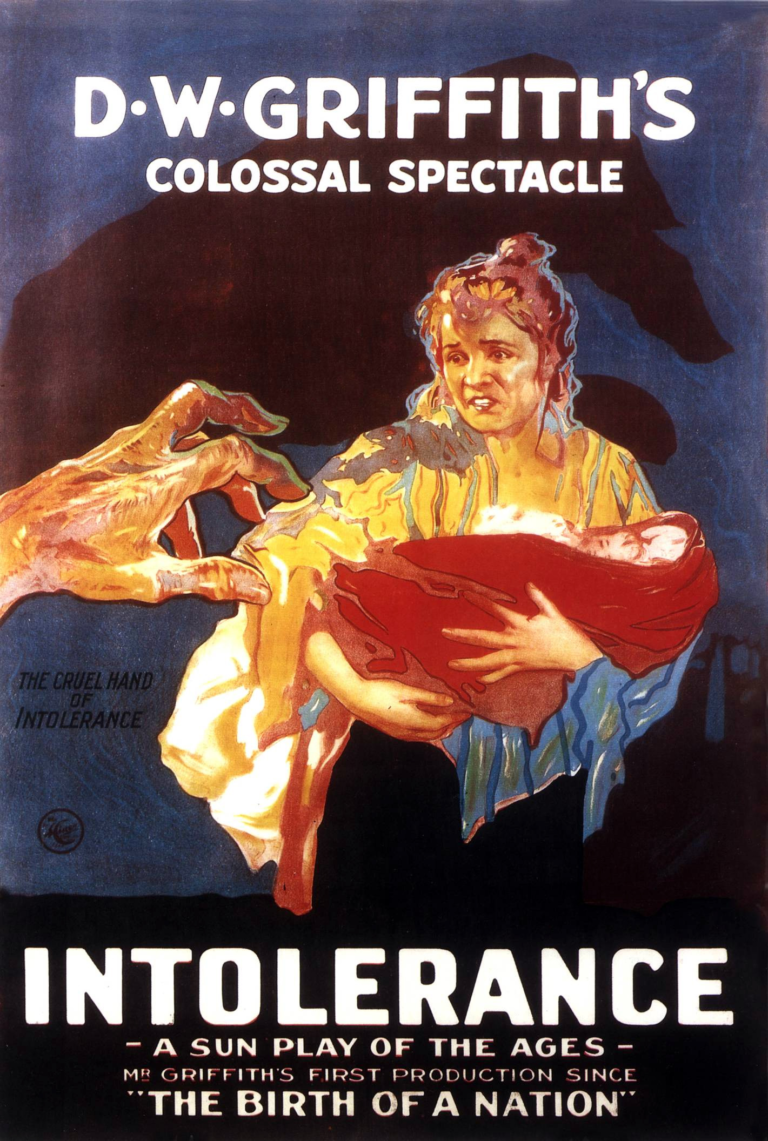As We See It Christian Review

When I first heard about As We See It, I didn’t know exactly what to expect. Another show about young adults trying to figure out life? It’s been done. But then I saw who was behind it: Jason Katims, the guy who gave us Friday Night Lights, a show that did so much more than just highlight high school football. There was something deeper, something more human in the way he approached storytelling. So, naturally, I was curious. But what I found in As We See It was far more than just a coming-of-age series—it was a heartfelt dive into what it means to live in a world that doesn’t always make space for everyone.
And it’s this space—this idea of where people fit and where they don’t—that really draws you in from the start. The series is centered around three young adults on the autism spectrum, all in their twenties, all trying to find purpose, independence, and maybe a little love. But it doesn’t stop there. It’s not just their story. It’s also about the people around them—friends, family, coworkers—who are trying to figure out how to support them, love them, and make room for them. It’s as much about the world adjusting to them as it is about their adjustment to the world. And that’s where things get interesting, both from a storytelling perspective and as a Christian viewer.
Life Through a Different Lens
Right away, what sets As We See It apart is its casting. Real-life autistic actors play the leads, and that brings a depth and authenticity you just don’t get from someone “acting” the part. It’s a show that doesn’t try to explain autism clinically or simplify it into something easily digestible. Instead, it throws you into their world—their frustrations, their joys, their everyday struggles. You see life through their lens, and what’s amazing is how much of it is relatable. Sure, their challenges may look different on the surface, but at its core, they’re dealing with the same things we all are: finding our place, building relationships, managing the chaos of life.
For me, as a Christian, this speaks volumes. The Bible teaches that every person is made in the image of God (Genesis 1:27), and watching As We See It was a reminder of that truth. These characters, like every one of us, are inherently valuable. Not because of what they can do or how well they fit into societal norms, but because they exist. God created each of us with a purpose, even when that purpose isn’t immediately clear, even when the world around us doesn’t quite know what to do with us. And if there’s a show that illustrates that kind of inherent worth, it’s this one.
Vulnerability and Authenticity
What As We See It does so well is capture vulnerability. And not just the vulnerability of its main characters, but of everyone around them. There’s Jack, the fiercely intelligent but emotionally closed-off young man who’s working as a coder. He’s blunt, often to a fault, but underneath that tough exterior is someone trying to protect himself from a world that doesn’t understand him. Harrison, on the other hand, is more gentle and sheltered, afraid to even step outside of his comfort zone. Then there’s Violet, who desperately wants to fall in love and experience life like any other young woman her age, but her bluntness often sabotages her efforts.
Each of these characters is layered, complex, and flawed—just like the rest of us. Their autism is part of their story, but it’s not the only part. And that’s key. The show doesn’t treat them as people to be pitied or as extraordinary cases to be marveled at. They’re real people with real problems, living in an all-too-real world.
But here’s the thing: it’s not just about them. The people around them—their families, friends, and caretakers—are just as vulnerable. They’re dealing with their own fears, their own frustrations, and their own misunderstandings. And as Christians, this is a reminder that we’re all part of a larger community, called to love and support one another, even when it’s hard, even when we don’t fully understand what someone else is going through.
The Struggle to Love Well
One of the things As We See It makes clear is that loving someone well isn’t always easy. Jack’s father struggles with balancing his desire to protect his son with the need to let him grow. Violet’s brother is her caretaker, and his love for her is fierce, but it’s exhausting. He’s constantly trying to navigate between being her sibling and being her parent. The weight of that responsibility wears him down.
This tension—the push and pull between wanting to help and needing to let go—is something we can all relate to, whether or not we’re dealing with autism. And as Christians, we know that love isn’t always neat or simple. 1 Corinthians 13 talks about love being patient and kind, but anyone who’s ever tried to love someone well knows that it’s a struggle. It’s sacrificial. It’s hard. And that’s what you see in this show. The love these characters have for one another is real, but it’s messy. And that’s okay. It’s real life.
A Laugh, a Tear, and a Lot to Think About
As We See It also manages to find humor in the everyday. It’s not heavy all the time. There are moments of laughter, moments that are light and fun, and then, before you know it, you’re tearing up at the next scene. Life is like that. And the show captures that ebb and flow beautifully. One minute you’re laughing at Violet’s boldness as she approaches yet another potential love interest, and the next you’re feeling the weight of Harrison’s anxiety as he tries to take a simple walk down the street.
But the humor never feels forced, and the tears never feel manipulative. It’s all so natural, so real. And I think that’s why it hits so hard. It’s not trying to be a sob story or a feel-good comedy. It’s just showing life, with all its ups and downs, through the eyes of people who often don’t get to tell their stories. And as Christians, that’s something we need to pay attention to—the voices that don’t always get heard. How do we make space for them? How do we ensure that we’re listening and not just talking?
Conclusion: More Than a TV Show
In the end, As We See It is more than just a TV show. It’s a reminder of our shared humanity, of the struggles we all face, whether they’re visible or not. It’s a call to empathy, to understanding, and to love. And while it may not solve all the world’s problems, it offers a glimpse of what it looks like to try. To try to love better, to try to understand more, and to try to make the world a little more inclusive, a little more just, for everyone.
If there’s one takeaway from the show, it’s that we’re all walking through this world trying to find our way. Some paths are harder than others, but we’re all in this together. And as Christians, we’re called to walk alongside our brothers and sisters, no matter where their path leads.






